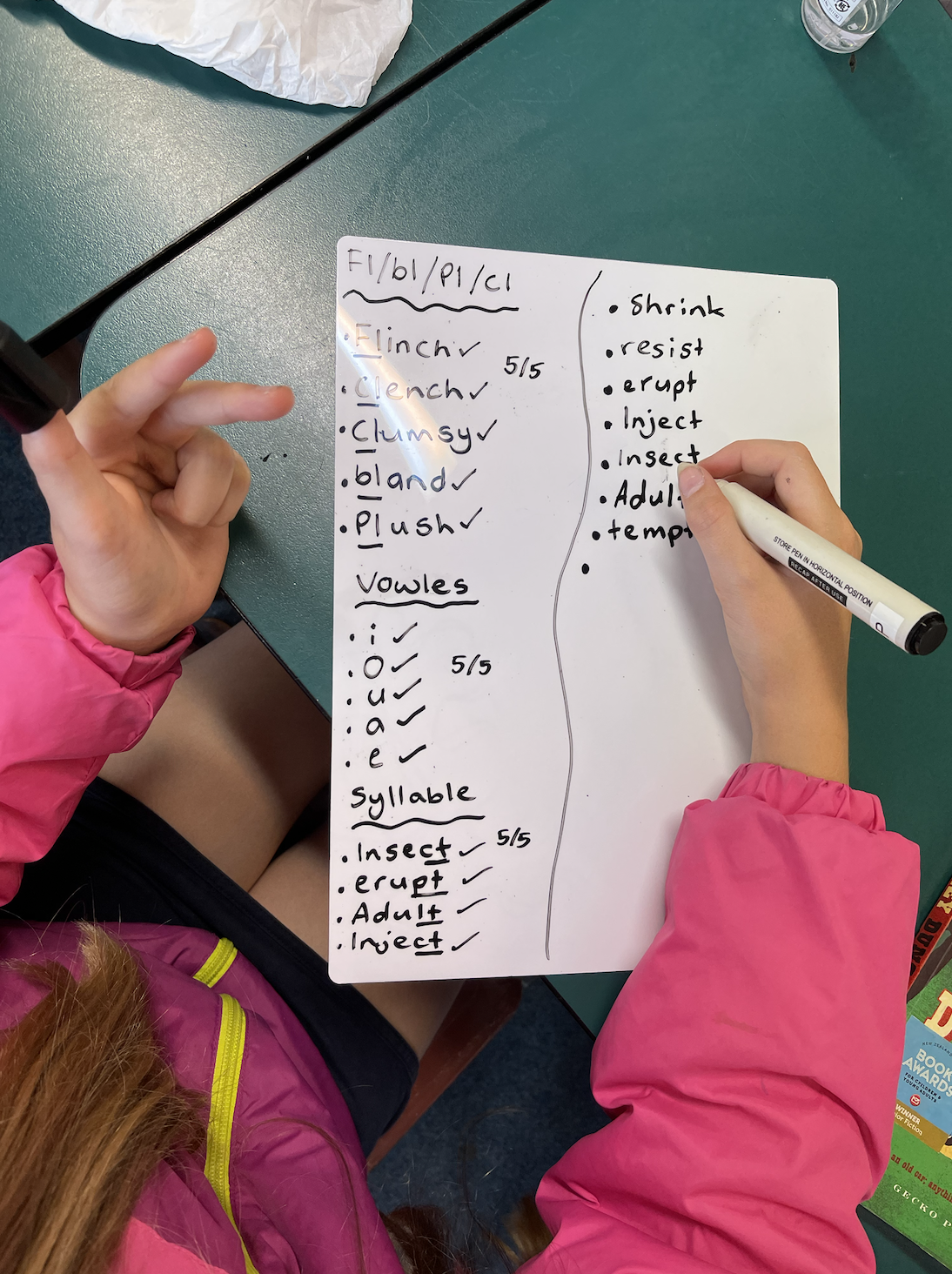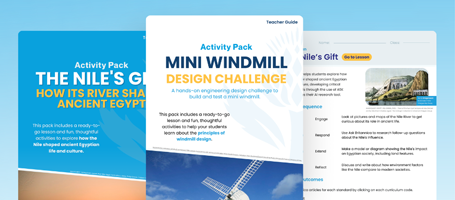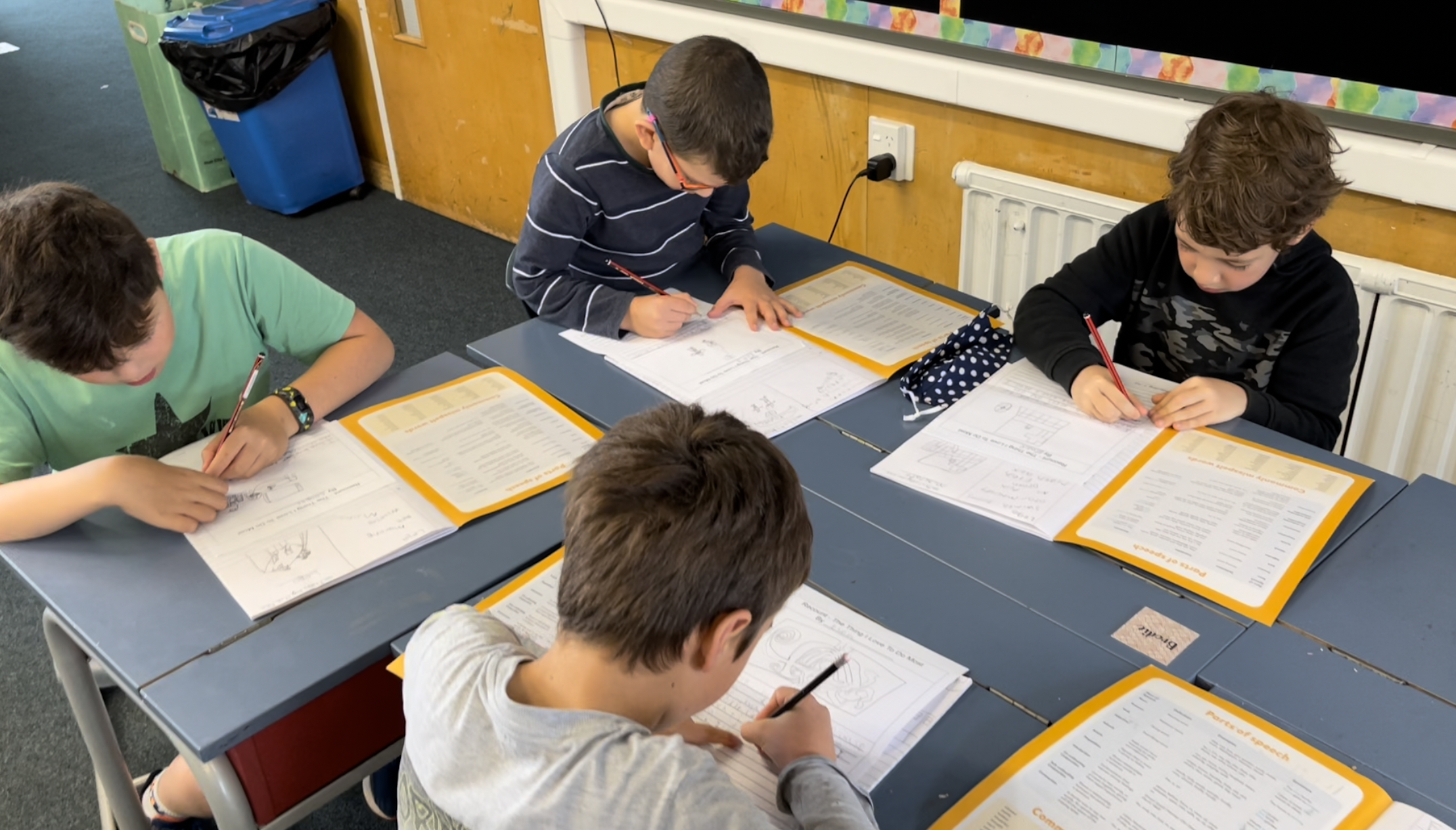Literacy education is foundational to effective learning and communicating in all curriculum areas. It incorporates more than just reading, writing, listening and talking. Being literate means communicating ideas, building knowledge, responding and interacting. Literacy deficits in classrooms today indicate students are falling behind in their ability to “read with comprehension and…write with complexity and creativity” (Henebery, para. 7).
As a result, a growing number of educational bodies are recommending that curriculums should embed literacy across all learning areas for every level of schooling. In countries like Australia for example, there is also a shift in literacy professional development focus, where teachers will be taught the skills and strategies of “a rich language and learning environment” (Henebery, para. 26).
Muritai School in Eastbourne, New Zealand has long recognised that every child has differing needs and possibly requires a range of tools and approaches to assist them in their learning. In terms of literacy education, Associate Principal Jamie Power considers the school to have adopted a needs-based approach.
What is the literacy programme like at Muritai School?
Every child has differing needs in their learning. This potentially means having a range of tools and approaches to assist them, such as a balanced literacy programme, which incorporates aspects of a whole language approach to literacy as well as a phonics-focused approach. The latter can be important where there is emphasis on explicit phonological instruction. At Muritai we believe that a solid foundation in phonological awareness is important and will set children up for success in their word reading ability and their ability to understand and comprehend texts.
Currently we are using the Yolanda Soryl Phonics Programme for our foundation learners in Years 0-2. This promotes children to hear and discriminate sounds. They can hear rhythm, rhyme and alliteration as well as understand that spoken words have parts. These early years are the best time for children to develop their phonological awareness, which is vital for success in literacy.
As the children move through school, we continue to follow a balanced literacy curriculum where we explicitly teach a systematic approach to learning to read. This includes teaching phonological awareness (listening to language, manipulating sounds), phonics (understanding sounds and symbol relations), decoding strategies, comprehension strategies etc. Children learn to use comprehension strategies as they progress through the reading age levels and are exposed to a range of text types, genres and apply the ability to read across the curriculum.
Every child has differing needs in their learning. This potentially means having a range of tools and approaches to assist them, such as a balanced literacy programme, which incorporates aspects of a whole language approach to literacy as well as a phonics-focused approach.
What kind of resources or tools are available to teachers to help them teach a programme like this?
Our teachers can access a range of resources to use with their learners, such as Decodable readers, colour wheel levelled readers, Junior Journals, School Journals, Connected Journals, novel studies, sophisticated picture books and a well-resourced library. The NZ Ministry of Education provides online resources like the Instructional Series and the Assessment Resource Banks website. There are also other supporting materials teachers can refer to, including Sheena Cameron, Effective Literacy Practices (NZ Ministry of Education), Teaching Reading Comprehension by Alison Davis etc.
Which teaching resources are your favourite?
I think some of our favourite resources are our people. We make sure we connect with each other to see what is working well and have had positive effects on children’s learning. Facilitators that support the development of our strategic plan are also essential. We’ve recently been successful in our Professional Learning and Development Proposal of Assessment for Learning with a focus on Literacy. This will allow us to investigate current best practice within literacy with access to a facilitator and current pedagogy. Through this PLD we will investigate a range of ways to approach our literacy programmes and how we can best cater for our learners at Muritai. In particular we’re looking forward to investigating Structured Literacy and how this can be used in our educational setting.
We also use quite a few online resources and tools, like Instructional Series and Kahoot.

Can you share some key considerations teachers or schools tend to overlook when selecting new literacy tools/programmes?
I think a key consideration that we tend to overlook is developing a balanced programme that cater for all our children. Each term, an important part of my role is to analyse what we are currently doing, what we are offering children and what impact it is making on their achievement. Teachers and Learning Coaches will look critically at our literacy programmes and find out what is making a difference. We will review the data, student feedback and make improvements to how we conduct our teaching and learning programmes. Henry Ford said ‘If you always do what you’ve always done, you’ll always get what you’ve always got.’ Part of this is making adaptations and improvements to our learning programmes, and identifying the range of strategies that work.
Another consideration is that when we are selecting tools or approaches to implement, they need to have been proven to make a difference. Sometimes, evidence-based programmes and proven effect size shift applications can be overlooked in favour of quick answers or alternatives found online. As teachers we need to be looking into programmes that have research behind them and know what is going to have positive effects within the learning. Our teachers are starting to investigate ERO publications and readings, such as Teaching Strategies That Work, and using their findings to make improvements to their programmes and learning opportunities.
Sometimes, evidence-based programmes and proven effect size shift applications can be overlooked in favour of quick answers or alternatives found online.
What are your dos and don’ts for teaching learners of varied ability or at different levels?
Whatever approach schools are implementing, it must be consistent. Teachers should adopt the same language and expectations or progressions. Whether you’re using developed programmes like PaCT (Progress and Consistency Tool) and Literacy Learning Progressions, or developing your own Learning Progressions, it’s vital that you all sing from the same sheet.
Knowing your learners and having a relationship with them is very important. Knowing them and their needs helps you work together to make academic improvements and create highly engaging activities. It’s necessary that children know what they are learning and why. Make the learning content and the progression of learning skills overt and obvious to children so that they are able to set goals, show evidence of improvement and manage their own learning pathway.
Engagement is vital. It’s essential that teachers run a programme that has focused learning opportunities, as well as learning activities that are interesting, active, allows for collaboration and provides opportunities for ability groupings – such as interest groups, mixed ability groups, ability groups, whole class groups etc.
What are your best recommendations for boosting engagement?
This is something that teachers continue to integrate into their programmes and make adaptations for. Muritai teachers follow yearly, semester and long-term plans where they look for interesting ways to connect curriculum content to highly engaging activities.
A highly engaging programme includes:
- High-interest content and concepts that relate to student experiences, cultures and interests
- Opportunities for teachers to personalise programmes to suit the needs of their children
- Ways for teachers to provide children with autonomy and some choice
- Engaging in current and relevant content
- Setting learning goals
- Specific feedback to children on their achievement and next steps
As a school we have been exploring dispositions and looking at ways to develop improving learning actions.
For you, how important is professional development within this area? What advice do you have?
Yes, Professional Development is something we are very interested in within Literacy. Some advice would be:
- Have a clear Strategic Plan with direction and purpose. Have a clear learning map about what you want to achieve by the end of a child’s time at your school
- Use your schoolwide achievement data to inform your decisions, outcomes and targets
- Use the data over time to look into what part of development is needed
- Apply for PLD funding or education ministry support with supporting material and evidence of development needed
- Carefully select a facilitator that will be able to drive the desired direction
- Develop people’s capabilities within your school to lead PLD
- Provide opportunities for teachers to view other teachers’ effective practice, share current pedagogy and evidence-based programmes. Celebrate what good practice is occurring within your schools already
- Use formal assessment tools to gain an understanding of where you school sits in relation to national data, such as PATs, Learning Progressions etc.
- Select a few good approaches to use across your school. Provide each class with a set of ‘Gold Resources’ to use, refer to and guide good practice
- Share back to the Board of Trustees about your achievements and possible needs
- Be selective about what your yearly school targets are and who you are wanting to target. This leads to targeted intervention, funding, staffing and growth of achievement.
References:
- Henebery, B. (2022, 1st July). Is literacy education in Australia on the right track? The Educator Australia. https://www.theeducatoronline.com/k12/news/is-literacy-education-in-australia-on-the-right-track/280572
More Educator Resources
Sign up with your email for more free resources from Britannica.

